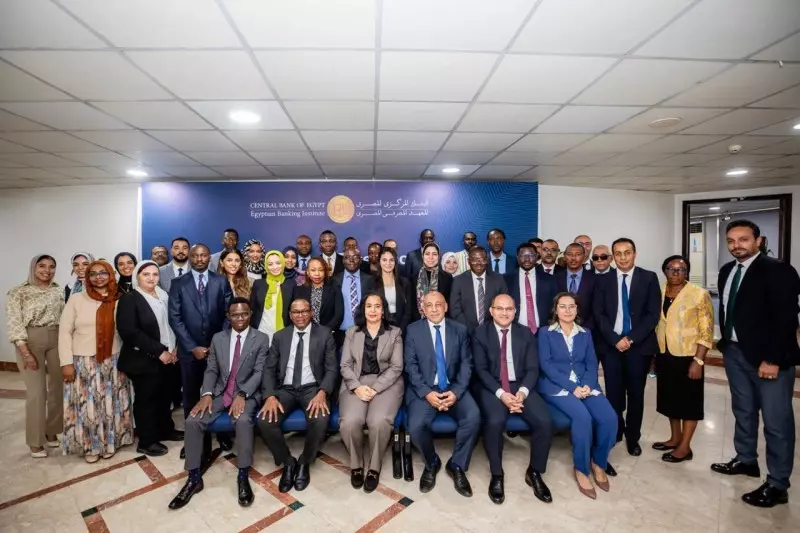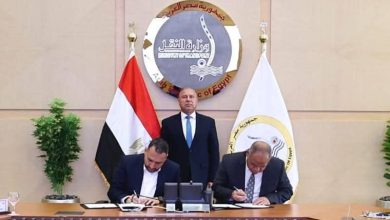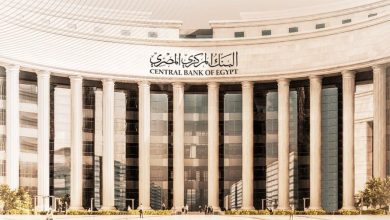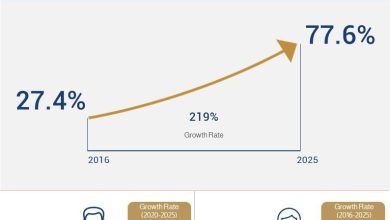Central Bank of Egypt Hosts Regional Training on Micro and Macro Stress Testing for COMESA Central Banks

CBE Leads African Integration with Stress Testing Training
In line with the presidential directives to promote Egyptian-African integration, and within the framework of ongoing cooperation between the Central Bank of Egypt (CBE) and the COMESA Monetary Institute (CMI), the CBE hosted a five-day training program on “Micro and Macro Stress Testing for Central Banks” at the Egyptian Banking Institute (EBI) in Cairo.
28 Experts from 11 COMESA Central Banks Join Program
This program reflected the CBE’s leading role in achieving integration among African central banks. The training program included 28 participants representing 11 Central Banks from COMESA Member States, along with a delegation from the CMI. The sessions featured discussions, practical examples, and the sharing of expertise on micro and macro stress testing using standard models. Moreover, the training covered applications of stress testing tools in credit risk, liquidity, climate change, and interbank contagion risks.
Hands-On Sessions on Micro & Macro Stress Testing
On this occasion, Dr. Naglaa Nozahie, the Governor’s Advisor for African Affairs, emphasized the importance of such training programs in enhancing the capacity of Central Banks to address crises and assess systemic risks. She also underscored the CBE’s commitment to building the capacity of Central Banks’ staff across Africa and strengthening joint cooperation with countries across the continent, particularly within the COMESA region. This marked the 12th consecutive year of training programs provided by the CBE for COMESA Central Banks’ staff.
Focus on Credit Risk, Liquidity & Climate Change
Furthermore, Dr. Ahmed Sahloul, the Assistant Sub-Governor for the Macroprudential Sector at the CBE, highlighted the significance of conducting micro and macro stress tests to assess the effects of various macro-financial and geopolitical shocks on the banking sector’s performance and resilience. Moreover, stress tests can be employed to assess the impact of emerging risks, such as climate change and cybersecurity risks. Ultimately, the stress tests results can be used to guide policymakers to implement appropriate measures that strengthen the role of the banking sector in financial intermediation, and thereby safeguarding financial stability.
12th Year of Capacity Building for COMESA Banks
From his side, Dr. Lucas Njoroge, Director of COMESA Monetary Institute, expressed his gratitude to the CBE for its continuous contribution to building the capacities of COMESA Central Banks, highlighting the Institute’s aspiration for further collaborations with the CBE in the coming years.
Addressing Emerging Risks: Cybersecurity & Climate
The training program, which encompassed lecturers from the Offsite Supervision and Macroprudential sectors, featured interactive sessions for the exchange of expertise among representatives of COMESA Central Banks. These sessions aimed to address current challenges and potential solutions, as a practical exercise in applying stress tests and their regulatory frameworks within central banks.
COMESA Monetary Institute Praises CBE’s Efforts
At the end of the program, a set of proposals and recommendations were formulated to deepen the understanding of how stress tests can enhance the operations of COMESA Central Banks. These recommendations will be discussed at the level of central bank governors during their upcoming annual meeting in “Uganda” in November 2025.















